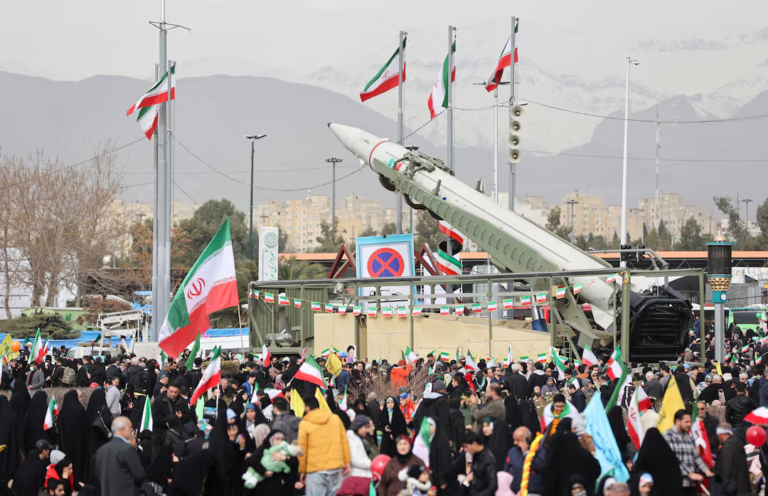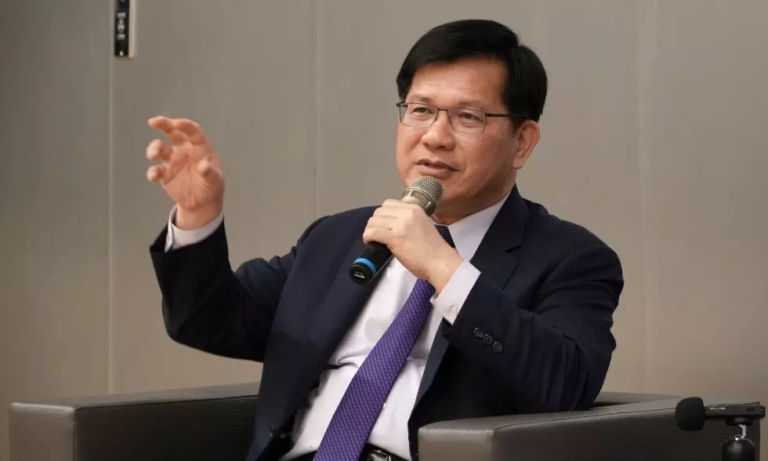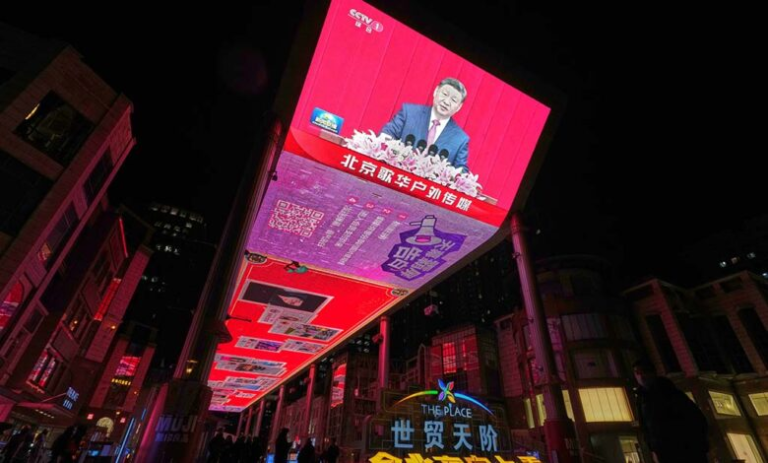
In a recent development aimed at stabilizing its economic relations with the United States, China has assured American companies, including Tesla, that it will not retaliate against them in response to U.S. tariffs. This reassurance comes amid ongoing trade tensions and is seen as a strategic move to maintain foreign investment and bolster economic ties with key players in the U.S. market.
Background
The U.S.-China trade relationship has been fraught with challenges, particularly since the imposition of tariffs by both nations. These tariffs have affected a wide range of industries, from technology to automotive manufacturing. Tesla, as a significant player in the electric vehicle market, has been particularly impacted by these trade dynamics, given its substantial investments in China.
Details of the Assurance
During a recent meeting with U.S. business leaders, Chinese officials emphasized their commitment to fostering a favorable environment for foreign companies. Key points from the discussions included:
- No Retaliatory Tariffs: Chinese authorities explicitly stated that they would refrain from imposing additional tariffs on U.S. companies operating in China, including Tesla, to encourage continued investment and operations.
- Support for Foreign Investment: China reiterated its commitment to creating a more open and transparent market for foreign businesses, aiming to attract more U.S. companies to invest in the country.
- Focus on Collaboration: The discussions highlighted the importance of collaboration between U.S. and Chinese companies, particularly in sectors like technology and renewable energy, where both nations can benefit from shared innovation.
Implications for U.S. Companies
China’s assurances could have several implications for American companies operating in the region:
- Increased Confidence: The commitment to avoid retaliatory tariffs may boost the confidence of U.S. companies, encouraging them to expand their operations and investments in China.
- Stability in Supply Chains: By alleviating concerns over tariffs, China aims to stabilize supply chains that have been disrupted by trade tensions, benefiting both Chinese and American businesses.
- Potential for Growth: For companies like Tesla, which has invested heavily in manufacturing facilities in China, this assurance could pave the way for increased production and sales in one of the world’s largest automotive markets.
Challenges Ahead
Despite these positive developments, challenges remain. The broader geopolitical landscape continues to be complex, with ongoing tensions over issues such as technology transfer, intellectual property rights, and human rights concerns. These factors could still impact the business environment for U.S. companies in China.
Conclusion
China’s assurance to Tesla and other U.S. companies regarding tariff retaliation represents a significant step toward stabilizing economic relations between the two nations. By fostering a more favorable environment for foreign investment, China aims to strengthen its economic ties with the U.S. and mitigate the impacts of ongoing trade tensions. As both countries navigate this intricate relationship, the focus will be on collaboration and mutual benefit, which could ultimately lead to a more balanced and prosperous economic future.





